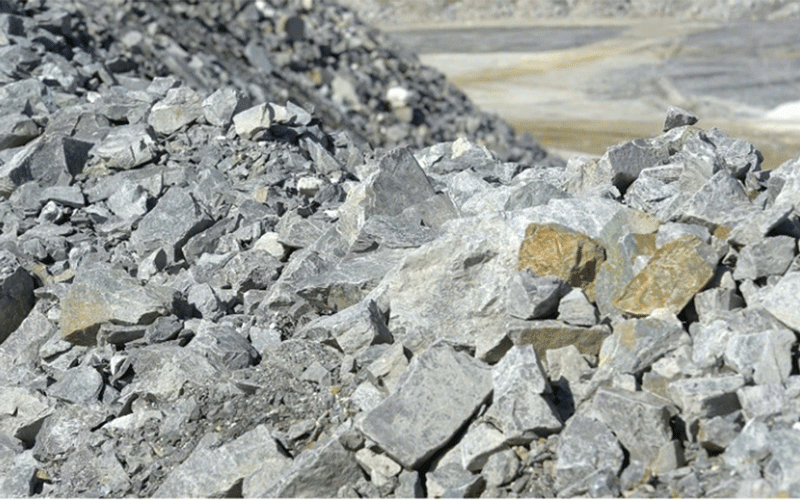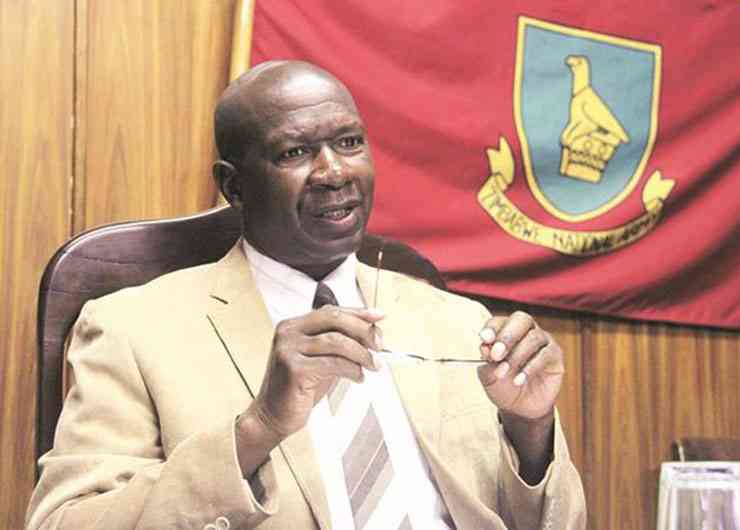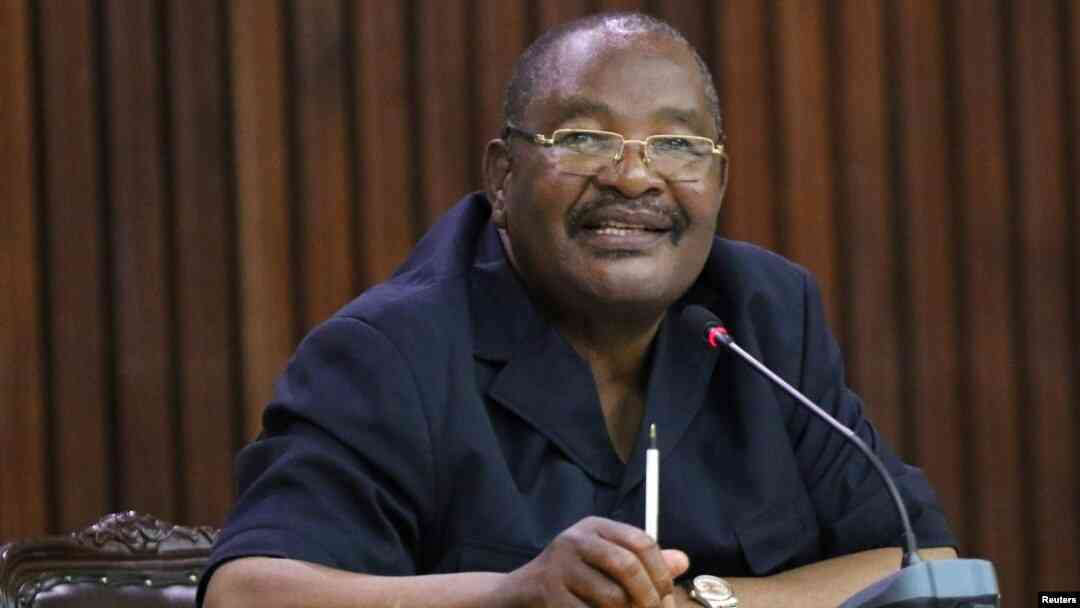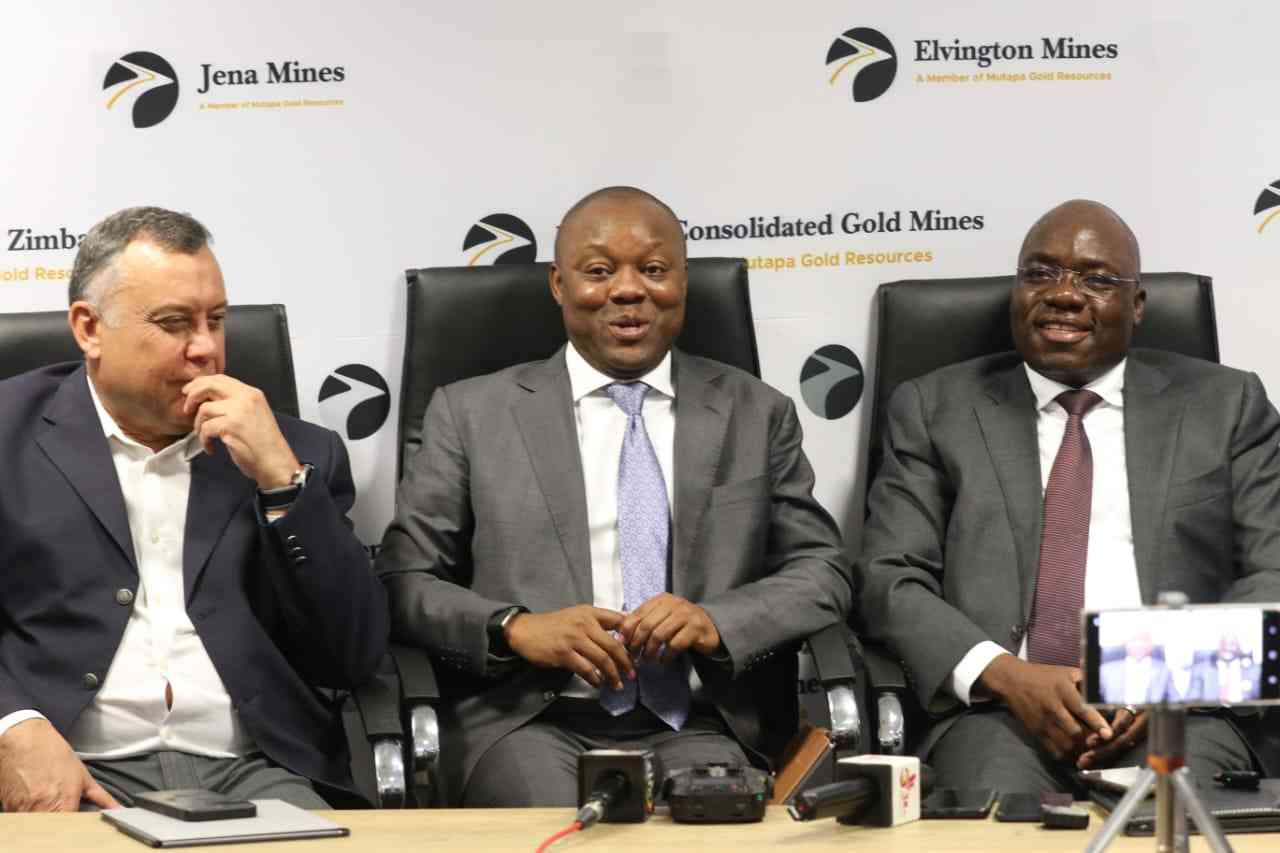
THE government has directed an arms manufacturing company controlled by the Zimbabwe National Army to halt lithium exports after unearthing explosive corruption linking its senior officials to illegal exports.
There was outrage over government’s decision to grant the army’s Zimbabwe Defence Industries (ZDI) a special permit giving it exclusive rights to export raw lithium to help it ride out operational challenges.
The government extended the permit to ZDI immediately after imposing a blanket ban on lithium exports last year, as it received reports of rampant smuggling of the mineral.
The bulk of the lithium was at the time being smuggled to neighbouring South Africa, from where it would find its way to the international markets.
The demand has been underpinned by the growth in electric vehicle assemblies in advanced countries including the United State (US) and China.
This week, the Zimbabwe Independent was told by top government sources that some senior ZDI officials had capitalised on the ban to comb through rich lithium mining areas across the country, identifying companies that were willing to “partner” for “exports”.
The sources alleged that hefty kickbacks of up to US$20 000 a year were paid to secure deals, which were this week slammed by ZDI chief executive officer Hope Mutize.
After finding “partners” the ZDI officials would then coax them into salting away the resource through ZDI.
- Zimbabwe deals help China tighten African lithium grip
- Zimbabwe deals help China tighten African lithium grip
- Firearms smuggling suspect weeps in court
- Zimbabwe’s huge say in US$60m lithium market
Keep Reading
The senior officials were accused of name-dropping military generals, the sources claimed.
Investigations by this newspaper uncovered the illegal scheme, through WhatsApp chats, in which unlicenced producers were being asked to pay up US$20 000.
“It’s valid for a year (cost US$20 000) and it covers lithium, copper and scrap metals among others,” one of the WhatsApp messages reads.
“Prepare a company profile together with a letter of intent to partner with ZDI to export lithium ore.
“Just write two or three lines stating that you are interested in partnering with ZDI in exporting lithium. I will send you the address if you are interested in seeing this through us.”
However, Mutize insisted that ZDI did not have the lithium export licence.
"We do not have any lithium permit at the moment,” Mutize said.
“Whoever is signing contracts on behalf of ZDI is duping people and that is criminal."
The Independent was told by reliable sources that after the looting was uncovered, Cabinet was informed, leading to the withdrawal of the ZDI permit.
Mines and Mining Development minister Winston Chitando this week issued a Statutory Instrument (SI) 57 of 2023, which imposed tighter requirements for lithium exports.
Asked to comment on the reports, Mines and Mining Development permanent secretary Pfungwa Kunaka referred the Independent to the SI, which said: “No permit for the export of beneficiated lithium shall be granted unless (i) the lithium has been dealt with in accordance with the conditions prescribed in the schedule, and (ii) the selling price for the export of the beneficiated lithium is not less than that set by the Minerals Marketing Corporation of Zimbabwe (MMCZ) from time to time.
“No permit for the export of unbeneficiated lithium shall be granted unless (i) the permit is granted on the basis that the exporter — (A) is operating an APP under a permit or, if not, has concurrently obtained a permit to operate an APP, which on the date of the permission for the export of the lithium has not been constructed, but for which (as one of the conditions of the APP permit) a plan has been approved with a view to the plant being completed and fully operational no later than two years from the issuance of the export permit; and (B) the exporter is an individual who is or partnership whose members are all Zimbabwean citizens, or a corporate entity the ownership of which is held exclusively by a Zimbabwean,” the SI further states.
The SI notes that lithium export permit can only be granted with the prior concurrence of the President.
Last year, an investigation by this newspaper revealed that ZDI, under unclear circumstances, was given the green light to ship an estimated 10 000 tonnes of lithium monthly, reportedly to China.
China, along with the US, are major global consumers of the mineral.
Small scale miners have also joined the rush for Zimbabwe’s lithium.
Zimbabwe towards the end of last year plunged into a lithium rush, following its discovery in some parts of the country, including Sandawana Mine in the Midlands province.
Following the discovery, an estimated 5 000 artisanal miners and fortune seekers descended on the area.
Without export permits, most of their produce was smuggled to South Africa.
The discoveries have positioned Zimbabwe among the dominant players in Africa.
Zimbabwe, which produced 1 200 metric tonnes of the mineral in 2021 is the world’s sixth largest producer.
In a document titled 2021 White Paper on China Lithium Battery Industry Development Index, the China Centre for Information Industry Development (CCID) indicated that the Asian country’s “lithium battery industry reached 324GWh, four times that of 2017”.
Housed under China’s Ministry of Industry and Information Technology, CCID further highlighted that the Asian economic powerhouse for the past five consecutive years since 2017, has been the world’s top consumer of lithium.










